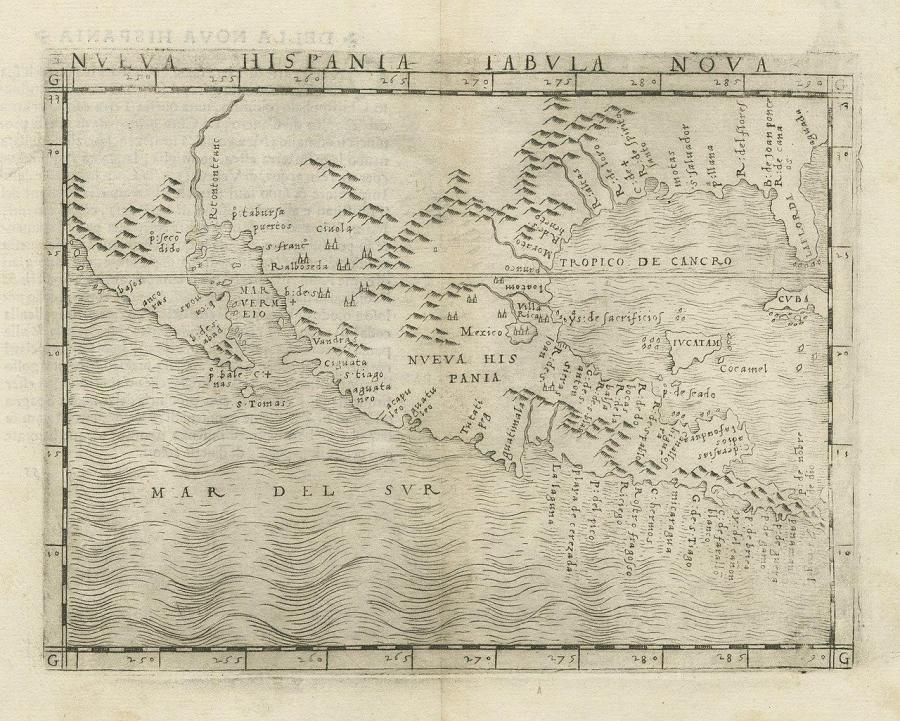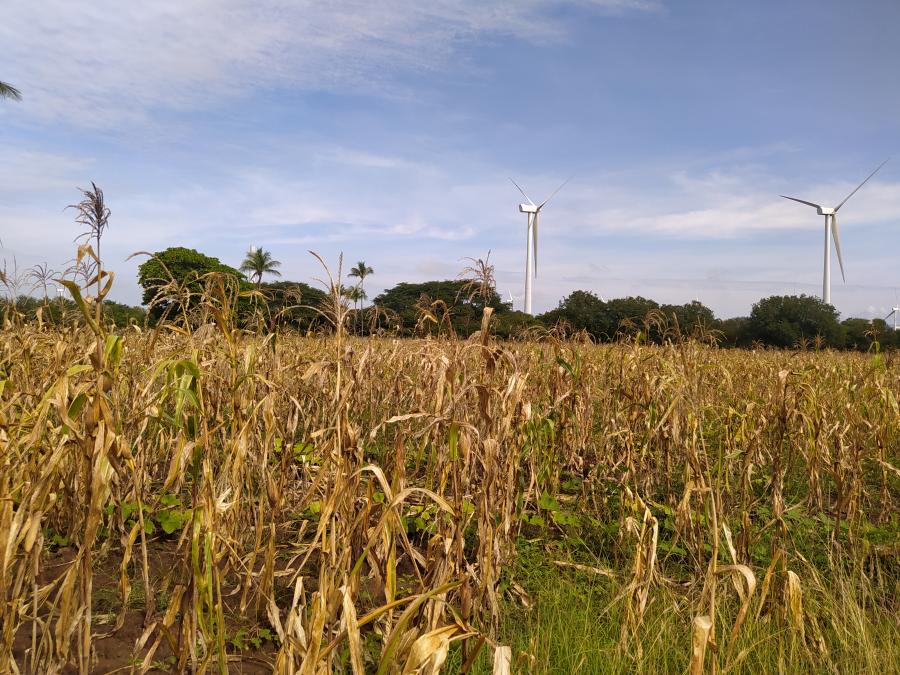
In February 2024, Cultural Survival and partners, Tsilinkalli: Ediciones de la Casa Sonora and Tsilinkalli Radio, submitted a joint alternative stakeholder report on the situation of Indigenous rights in Mexico for the 112th session of the Committee on the Elimination of Racial Discrimination, which will take place in Geneva from April 8-29, 2024.
Mexico has approximately 126 million inhabitants, of which 23.2 million (19.4 percent) self-identify as Indigenous. There are 68 Indigenous languages spoken with 364 dialectal variants; the most widely spoken linguistic groups are Nahuatl, Mayan, Zapotec, Mixtec, Otomi, Totonac, Tzotzil, and Tzeltal. Indigenous Peoples in Mexico face many rights violations, particularly the territorial defenders, who are regularly attacked. Due to the violence of drug trafficking, Indigenous Peoples in Mexico also routinely experience arbitrary detention, torture, and disappearances. State security forces are complicit by granting impunity to the perpetrators and committing violent acts themselves.
Rights violations highlighted in our report span a diverse array of cases, many of which Cultural Survival has been following closely. Firstly, we denounce the rights violations and alarming number of murders of Indigenous land and rights defenders. According to data collected by Cultural Survival, in 2023, 12 Indigenous defenders were murdered in Mexico and one disappeared. Most of them were environmental defenders opposing mining or other extractive or infrastructure projects. One especially egregious case was that of Samir Flores, a Nahua activist who promoted the fight against the Morelos Integral Project through the Amiltizinko community radio station. Flores was murdered in 2019 after questioning the project, denouncing power abuses, and organizing and participating in activities in defense of the territory.
We also denounce the violation of territorial rights and the right to Free, Prior and Informed Consent (FPIC). Although this right has been progressively implemented in Mexico, it is far from respected to the satisfaction of international standards and best practices. Despite legal recognition, the right to Free, Prior and Informed Consent is yet to be accompanied by a specific legal framework that facilitates a protocol for action and achieves the full development of this right to the maximum benefit of Indigenous Peoples. For example, in Xoxocotla, Morelos, since 2018, the political electoral rights of the Indigenous population and their right to political representation have been consistently violated. The measures issued to respect this right were not followed in the 2020-2021 local electoral process, and a year later, a consultation was held without the participation of Indigenous Peoples and without complying with FPIC requirements.
Another alarming case is the violation of the rights of Indigenous political prisoners. Kenia Inés Hernández Montalvan, an Afro-Indigenous Amuzga woman from Xochistlahuaca, Guerrero and human rights defender, was arbitrarily detained in 2020 and sentenced to more than 20 years in prison without justification. To this day, she remains imprisoned without a fair trial. Her health has worsened due to the conditions in the prison, where she has suffered threats to her life.
In 2014, in Eloxochitlán de Flores Magón, Oaxaca, the State criminalized 40 families active in the Community Assembly and its members were persecuted with arrest warrants. To date, Jaime Betanzos Fuentes, Herminio Monfil Avendaño, Alfredo Bolaños Pacheco, Fernando Gavito Marjnez, Omar Hugo Morales Álvarez, Francisco Durán Orjzy, Marcelino Miramón, and Paúl Reyes Rosete remain in prison, and 15 additional assembly members have been displaced from the community, some of them with their families. In May 2023, two Mazatec campesinos were arbitrarily detained, an indication that the criminalization of defenders from Eloxochitlán de Flores Magón has not abated.
In May 2023, Xóchitl Ramírez Velasco, a Zapotec Indigenous woman, was detained by elements of the Anti-Kidnapping Police in Cuernavaca, Morelos. At the time of her arrest, the police cited her work as a human rights defender and she has faced several violations of due process. She was charged with the crime of aggravated kidnapping and held without the right to bail. Although it was proven that she could not have been present at the crime she is charged with, she is still in prison where she is suffering from poor living conditions.
In this context, Cultural Survival and partners urge the members of the Committee on the Elimination of Racial Discrimination to make the following recommendations to Mexico:
- Guarantee due process for all Indigenous political prisoners and ensure their right to an independent trial with a cultural and human rights perspective.
- Provide adequate follow-up to all cases of violence against human rights defenders and, particularly in the investigation of the murder of Samir Flores, take as a starting point his work as a human rights defender and community journalist in order to find the perpetrators and obtain justice.
- Respect and guarantee the rights and security of human rights defenders, journalists, and Indigenous Peoples to avoid repeating the violations committed previously and put an end to the harassment, prosecution, and violence against them.
- Recognize through national legislation the modality of traditional territory as a fundamental right for the protection of the territories and identities of Indigenous Peoples.
- Guarantee in federal legislation the right to consultation so that Indigenous Peoples can give or withhold their Free, Prior and Informed Consent for any development project sponsored by the State or private parties in the territories inhabited by Indigenous Peoples and territories to which Indigenous Peoples have traditional access.
- Guarantee the political representation of Indigenous Peoples and respect their right to determine under which system they participate in the electoral process, whether it be the party system or the system of Indigenous customary law.
- Recognize, through the reform of the General Health Law, traditional midwifery as an ancient practice that is the cultural and social heritage of Indigenous Peoples.
- Improve prison conditions in women's prisons in Mexico, guaranteeing the rights to health, work, psychoemotional care, access to visits from family and friends, and access to information and communication for women prisoners, taking into account the established rights of Indigenous women.
Read the full report here.


